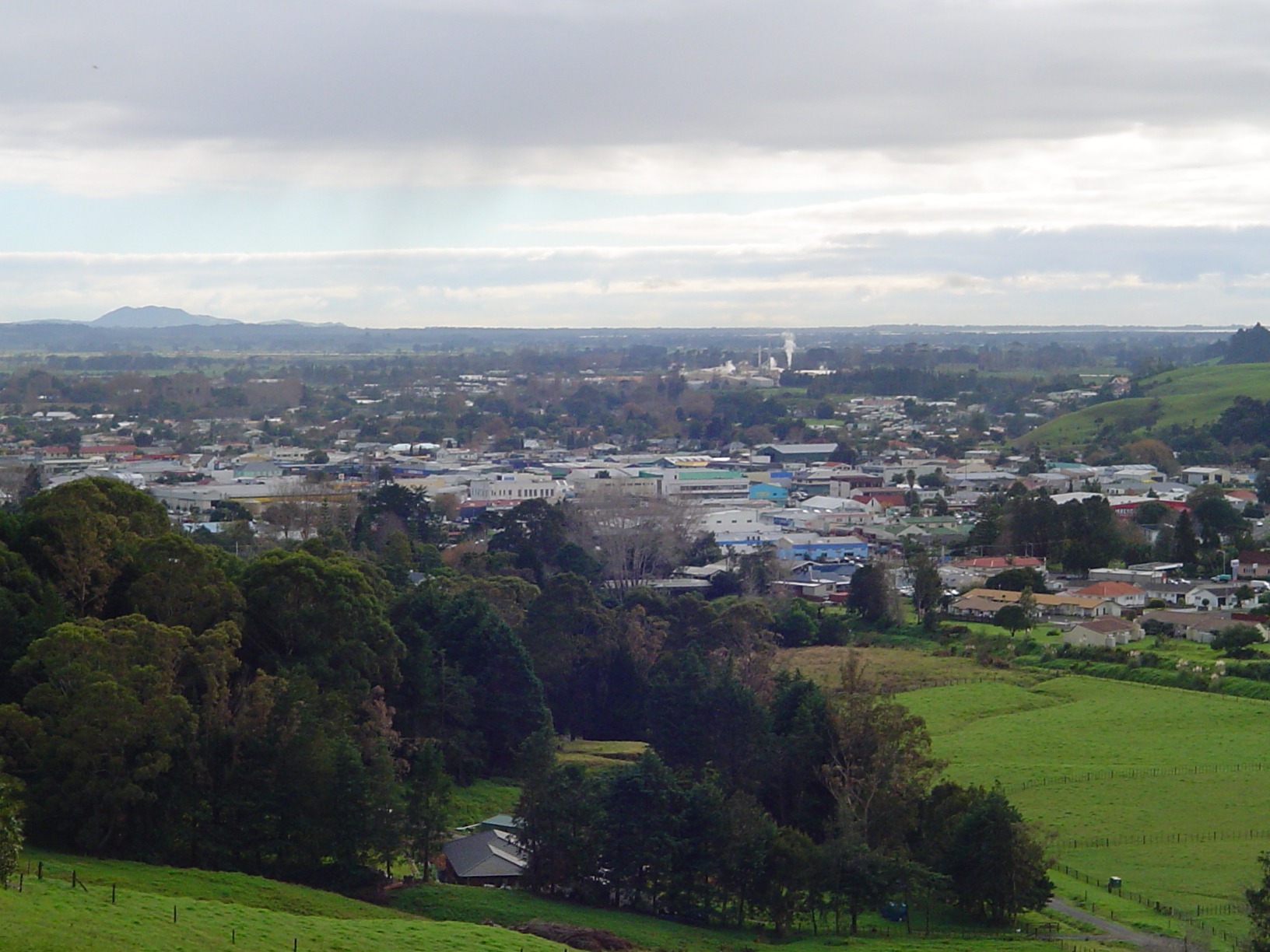Preparing to plug-in Kaitāia’s Sweetwater supply

Supplementary water sourced from two bores at Sweetwater will begin flowing to Kaitāia homes once a water treatment unit arrives from Australia.
The mobile membrane unit has been shipped and is currently in transit. Once installed, it will allow groundwater from an aquifer to be mixed with raw water obtained from the Awanui River, Kaitāia’s primary water source. The groundwater supply will significantly improve the drought resilience of the district’s second-largest town.
Head of Infrastructure for Far North District Council, Tanya Proctor, says that all preparations for the membrane unit are on track to be completed ahead of its arrival. That includes providing power, installing holding tanks and obtaining required resource consents.
“We are literally just waiting for the ship to arrive. As soon as we can get the unit unloaded, cleared and transported north, we can plug in and commission the membrane unit.”
Last month during his State of the Far North address to the public, Mayor Moko Tepania promised that the long-awaited Sweetwater project would be completed in December. During the address, Kahika Tepania acknowledged that Kaitāia residents had heard similar promises in the past only to be disappointed.
Ms Proctor says meeting the December deadline remained possible, but with the Christmas holiday break looming the timeline was looking increasingly tight. “Like anyone ordering goods from overseas, our plans are entirely reliant upon the shipping lines. I can’t say exactly when our filter will land, but I can confirm that it is in transit and will be delivered in coming weeks.”
Kaitāia is one of five Far North water supplies that currently have no water restrictions although consumers are encouraged to use water sensibly. Level 2 water restrictions that ban the use of outdoor sprinklers or irrigation systems were applied to the Kawakawa-Moerewa, Ōmanaia-Rāwene and Ōpononi-Ōmāpere water supplies from Monday 16 December.
According to Northland Regional Council’s latest climate report for November, most of Northland is ‘moderately dry’ to ‘severely dry’. For the three months from November, soil moisture levels are likely to be below average and river flows are likely to be near or below normal.

